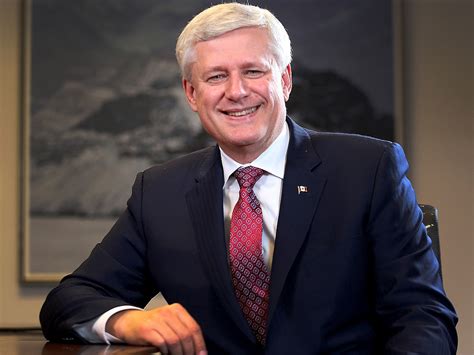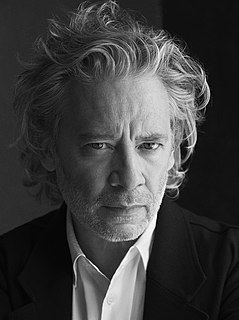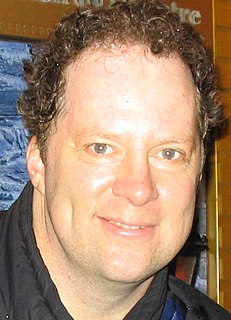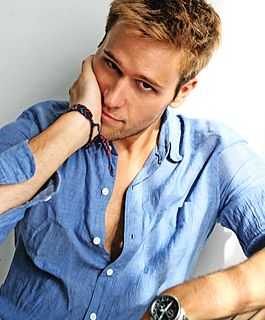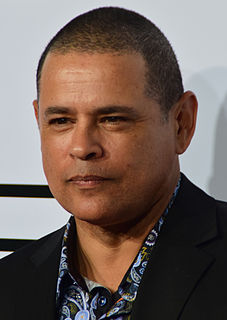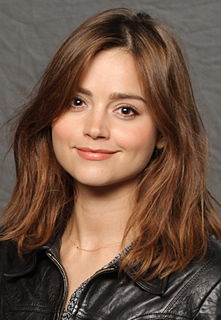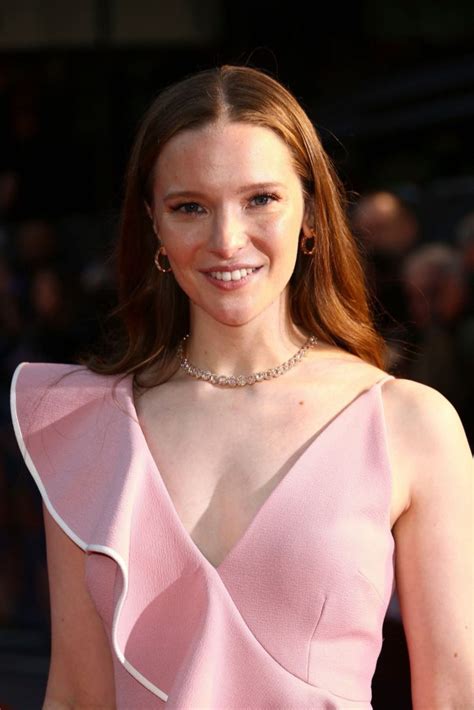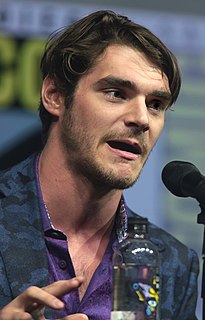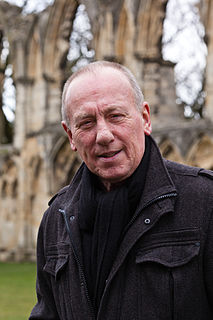A Quote by Lea Salonga
I was doing TV work, theatre work, and some film work in the Philippines when I left.
Related Quotes
I've always loved theatre because it's so immediate. The challenge of it is that, career wise, it's easier to get traction in the industry if you do film and TV because the audience is larger, and because the work can be seen for a longer period of time. I did solid work in a series of regional and Off-Broadway shows, but the work I did on TV or film will have a longer life with a larger audience (and with services like Netflix). Ultimately, there's something intimate about TV, because the storytelling and the actors come home with the viewer. It can be powerful because of that.
An actor and a [theatre] director are both what I would call interpreters of work. We interpret a work, just as a musician will interpret a composer's work, we interpret the work of a playwright. We are servants of the theatre and I've always believed that. We must serve what has been written, that's what we're there for.
I will tell you that I'm a bit of a snob. I love film, and I would like to work in film, and I'm disappointed that indie film is as hard as it is to work in now. It's hard to get things done, but that sort of work is being done on TV. That's what I do; that's what I write. It's what I love, and hopefully, that's what my future's going to be.
Theatre is organic, film is not. Theatre you come every day and you work with a group of people and you're are all up for it and you all get to do the whole thing every night, be it two hours or three hours. In film you work in two or three minute bits and it's never in chronological order and then someone takes that away and makes it look like it all happened, or that you gave that performance.
Some things definitely work better on film than in books. Introspection is great in books but it doesn't work on film. Anything with high intensity, whether it's a love scene, a car chase, a fight scene - those things work so well on film and oftentimes they can tell a much broader part of the story.

